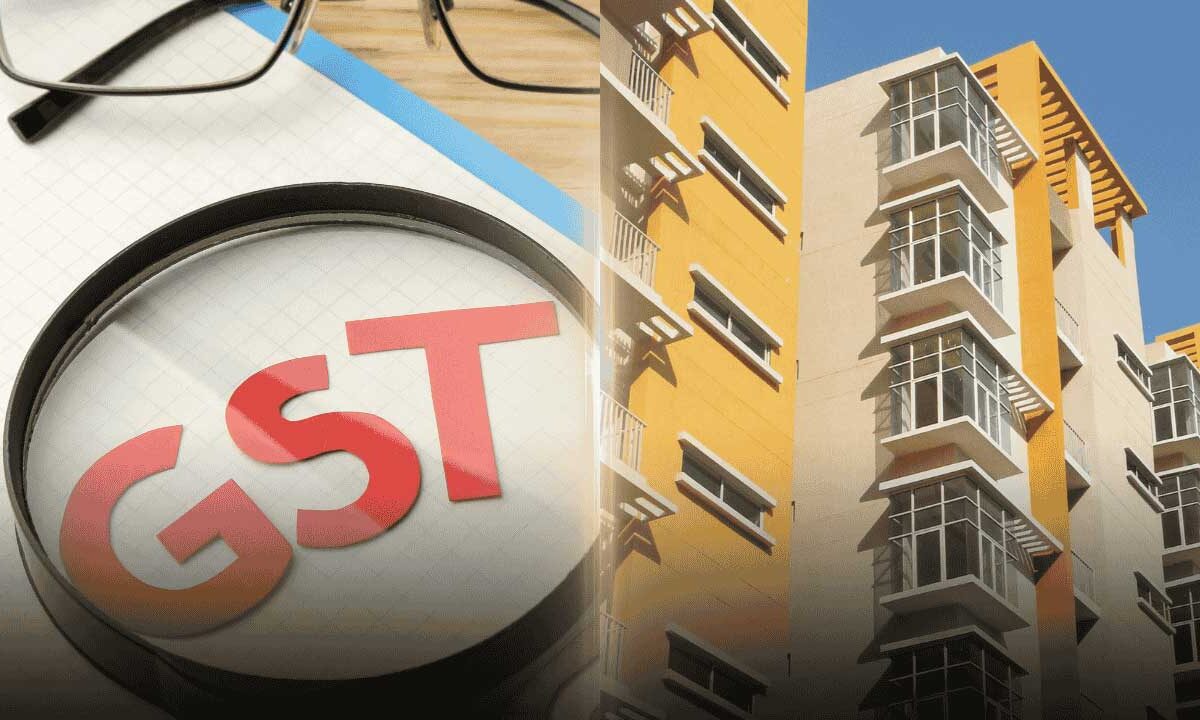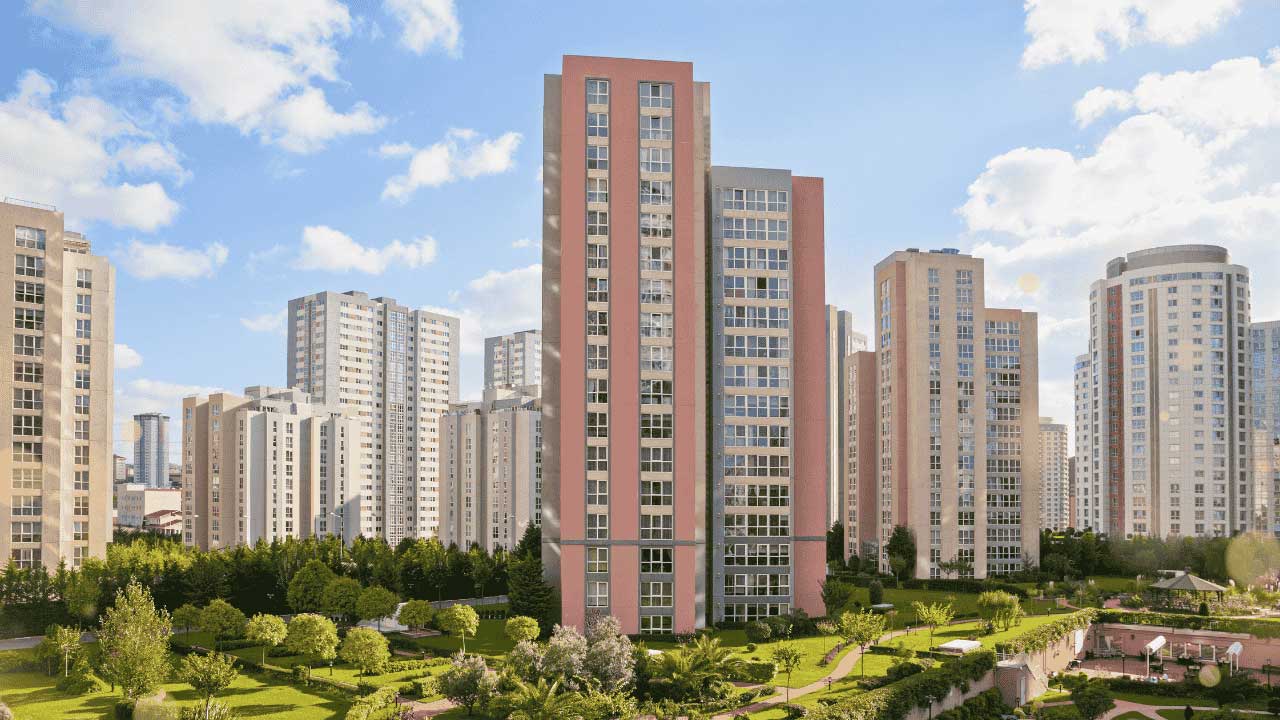18% GST on Apartment Maintenance: Telangana Tightens Compliance for Housing Societies
Telangana enforces stricter checks on 18% GST for apartment maintenance charges above ₹7,500. Learn how this impacts residents and housing societies.

Tax authorities in Telangana are intensifying efforts to ensure housing societies comply with an existing 18% Goods and Services Tax (GST) rule on apartment maintenance charges exceeding ₹7,500 per month. The move follows confusion among residents and Resident Welfare Associations (RWAs) over the regulation, which has been in place since 2019 but is now under stricter scrutiny.
Table of Contents
Understanding the 18% GST Rule on Apartment Maintenance
The Central Board of Indirect Taxes and Customs (CBIC) mandated in 2019 that 18% GST applies to monthly maintenance charges if two conditions are met:
- The per-apartment maintenance fee exceeds ₹7,500.
- The RWA’s annual turnover crosses ₹20 lakh.
Despite being a long-standing rule, compliance gaps persist, especially in Hyderabad’s booming luxury housing market. Tax officials are now urging RWAs to register under GST and collect taxes correctly.
Madras High Court Ruling Offers Partial Relief
A 2021 Madras High Court judgment clarified that GST applies only to the portion exceeding ₹7,500, not the full amount. For example:
- If the maintenance charge is ₹8,000/month, GST applies to ₹500 (₹8,000 – ₹7,500).
- This ruling overruled earlier guidelines that taxed the entire amount if it crossed the threshold.
However, the tax department has not legally challenged this judgment, leaving room for inconsistent enforcement across states. Some officials may still follow the original CBIC directive, causing uncertainty.

Why Telangana Residents Are Impacted
Hyderabad’s luxury housing boom has led to larger apartments and higher maintenance fees. According to real estate data:
- 70% of new Hyderabad launches in Q1 2025 were luxury or ultra-luxury units.
- Over 4,000 units were priced above ₹2.5 crore, requiring pricier upkeep.
“Hyderabad homes are bigger than those in Mumbai or Bengaluru, so GST’s financial impact here is sharper,” says Anuragg Jhanwar, a financial advisor.
Key Challenges for RWAs and Residents
- Registration Hurdles: Smaller RWAs struggle with GST paperwork and filing.
- Tenant vs. Owner Liability: GST can be passed to tenants via rent, but owners often absorb the cost.
- Psychological Resistance: Residents resent “hidden charges” despite the rule being years old.
What Telangana’s Stricter Checks Mean
Tax officials are conducting audits to identify non-compliant societies. Penalties for violations include:
- Back taxes with interest.
- Fines up to 100% of the unpaid GST amount.
RWAs must now:
- Maintain clear records of maintenance collections.
- Issue GST-compliant invoices.
The 18% GST on apartment maintenance is not new, but Telangana’s enforcement push aims to close loopholes. While the Madras High Court ruling softens the blow, inconsistent implementation risks confusion. Residents in high-end Hyderabad apartments, where fees often exceed ₹7,500, will feel the pinch most.
As compliance tightens, experts urge RWAs to seek professional tax guidance and residents to budget for potential hikes. For now, the rule remains a critical talking point in India’s evolving GST framework.
